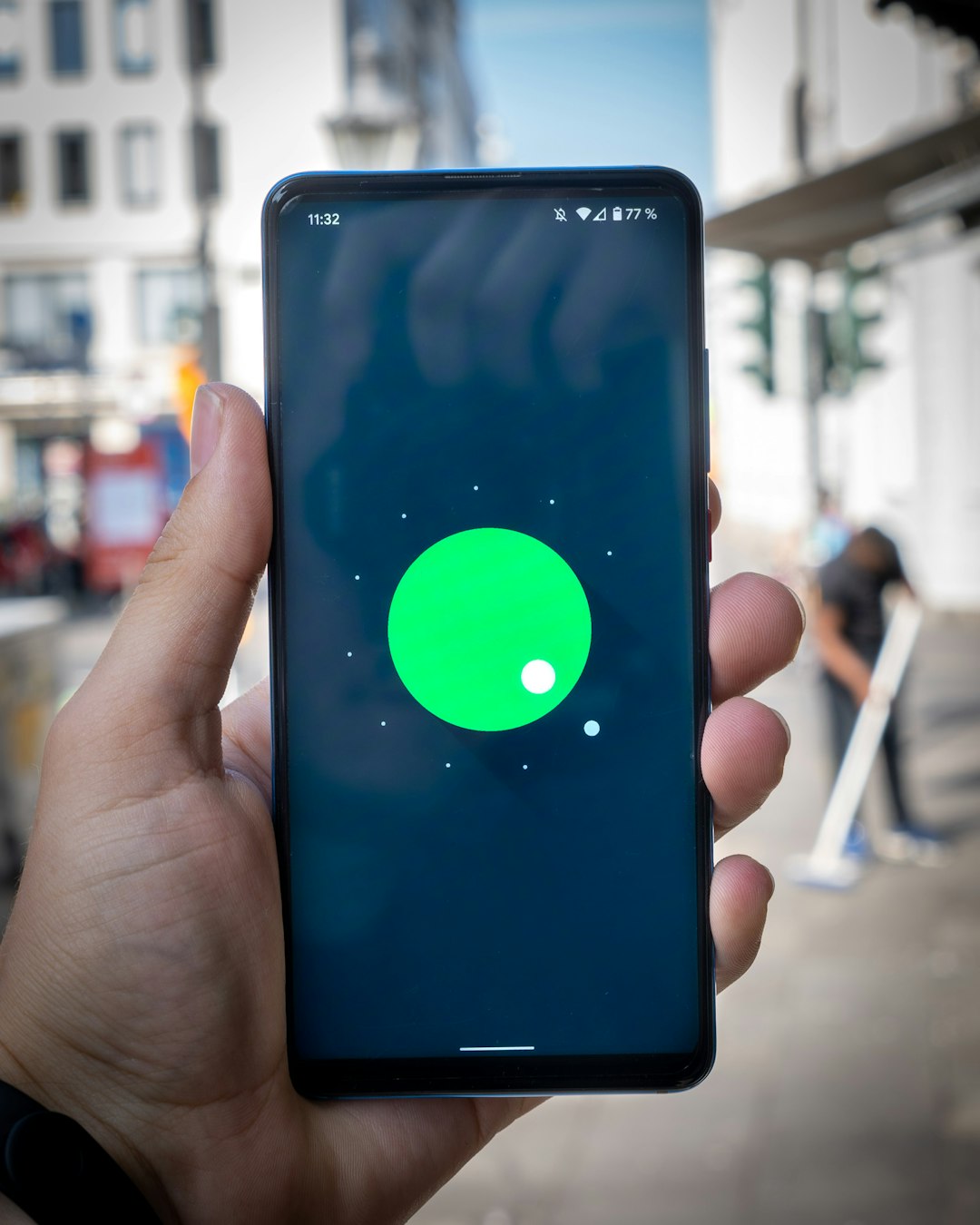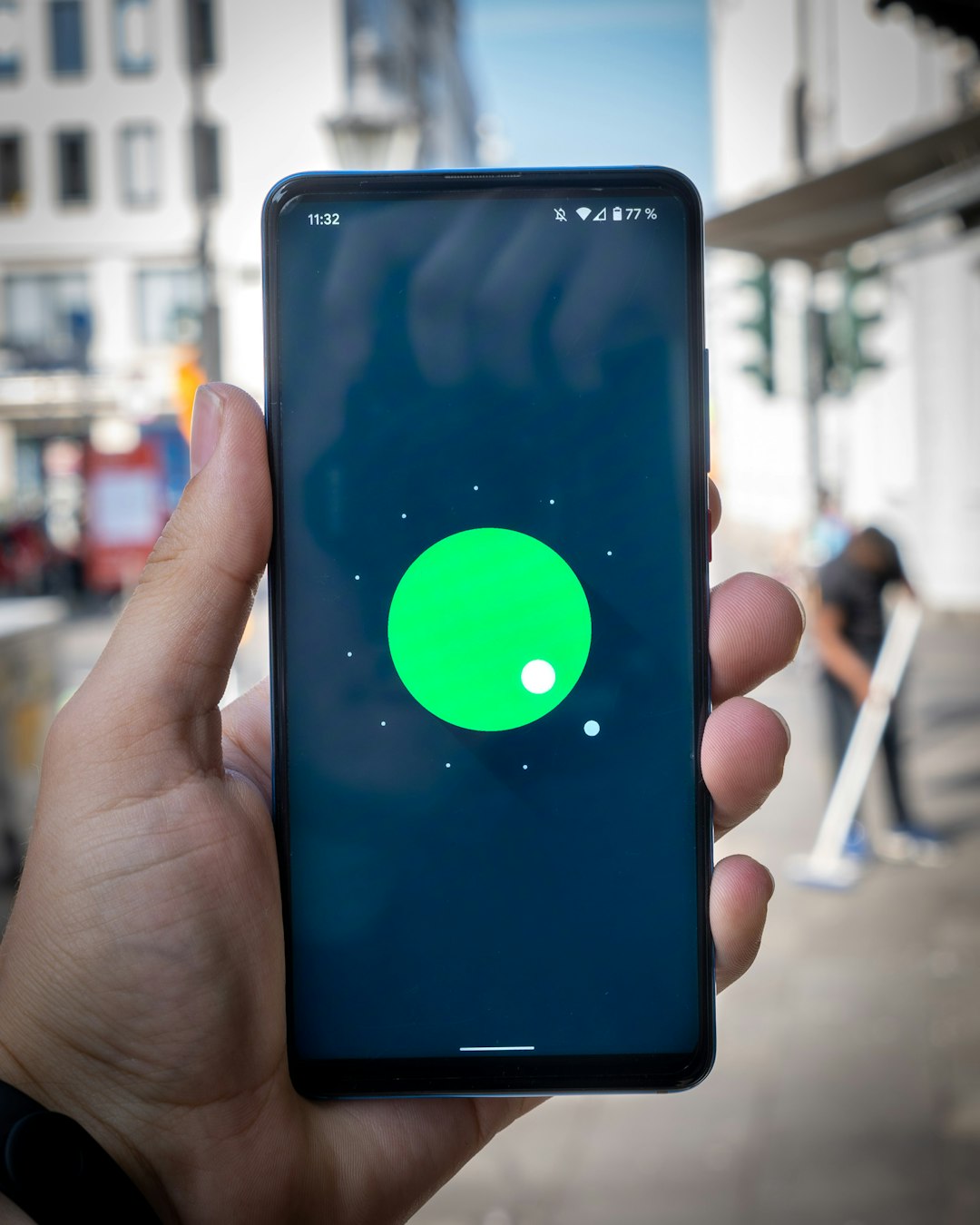In Georgia, both federal (TCPA) and state laws protect against intrusive automated calls (robocalls). To prevent robocalls, register on the National Do Not Call Registry, use carrier blocking features, review call history, and block unknown numbers. Enforcers include the GPSC and Attorney General's Office, which impose substantial fines for violations, with repeated offenses leading to permanent injunctions. Stay informed through FTC and AG resources, utilize call-blocking apps, adjust phone settings, and report suspicious calls to combat robocalls effectively.
Tired of unwanted texts and annoying robocalls? Explore Georgia’s robust robocall laws designed to protect residents from intrusive automated communications. This comprehensive guide breaks down how these laws work, offering practical tips to safeguard your privacy. Learn about enforcement mechanisms and potential penalties for violators. Discover resources to stay informed and take proactive measures against robocalls. By understanding your rights and options, you can reclaim control over your communication channels.
Understanding Robocall Laws in Georgia: A Comprehensive Overview

In Georgia, just like in many other states across the US, robocalls and unwanted texts are regulated by specific laws designed to protect consumers. The Telephone Consumer Protection Act (TCPA) is a federal law that imposes restrictions on automated phone systems and prerecorded messages, often associated with robocalls. At the state level, Georgia has its own regulations that complement the TCPA, ensuring even greater protection for residents against intrusive and unwanted communication.
Georgia’s robocall laws mandate that companies obtaining or placing automated calls must obtain prior express consent from the caller before delivering any marketing messages. This means that if you haven’t given explicit permission for a business to contact you using automated methods, such as prerecorded messages or SMS texts, they are prohibited from doing so. Failure to comply with these regulations can result in significant fines and legal repercussions for businesses engaging in unwanted robocalling activities.
How to Protect Yourself from Unwanted Texts and Robocalls

To protect yourself from unwanted texts and robocalls in Georgia, it’s essential to understand your rights and the laws in place. The Telephone Consumer Protection Act (TCPA) restricts robocalls and provides mechanisms for consumers to stop unsolicited text messages and automated calls. In Georgia, these laws are enforced by the Georgia Public Service Commission (GPSC).
One effective way to protect yourself is to register your phone number on the National Do Not Call Registry. This federal database helps prevent telemarketers from calling you. Additionally, many mobile carriers offer call blocking features and tools that can filter out robocalls. Regularly reviewing your call history and blocking unknown numbers can also help. If you consistently receive unwanted texts or calls, consider contacting your carrier to report the issue and explore additional blocking options available through their services.
Enforcement and Penalties: What Happens if You Violate Georgia's Laws?

In Georgia, the enforcement of laws against unwanted texts and robocalls is taken seriously to protect residents from intrusive and often fraudulent activities. The Georgia Attorney General’s Office plays a crucial role in investigating and prosecuting violators. If caught violating the state’s robocall and telemarketing laws, individuals or businesses can face significant penalties. Fines can range from hundreds to thousands of dollars per violation, depending on the severity and intent.
In addition to financial penalties, violators may also be ordered to cease and desist all unauthorized automated calls and text messages. Repeated offenses can lead to more severe consequences, including permanent injunctions against further violations. Georgia’s strict enforcement mechanisms serve as a deterrent for potential perpetrators, ensuring that residents’ privacy and peace of mind are upheld.
Resources and Next Steps: Staying Informed and Taking Action Against Robocalls

Staying informed is your first line of defense against robocalls. Explore resources offered by the Federal Trade Commission (FTC) and Georgia’s Attorney General’s office, which provide detailed guidelines and advice on how to combat unwanted texts and automated calls. These agencies regularly update their websites with the latest information on emerging trends and available legal protections under Georgia’s robocall laws.
Taking action involves a combination of technical measures and consumer advocacy. Utilize call-blocking apps and adjust your phone settings to restrict unknown numbers. Additionally, report suspicious or illegal robocalls to the FTC using their online complaint form. Your collective efforts not only protect yourself but also contribute to holding perpetrators accountable under Georgia’s strict robocall laws.






